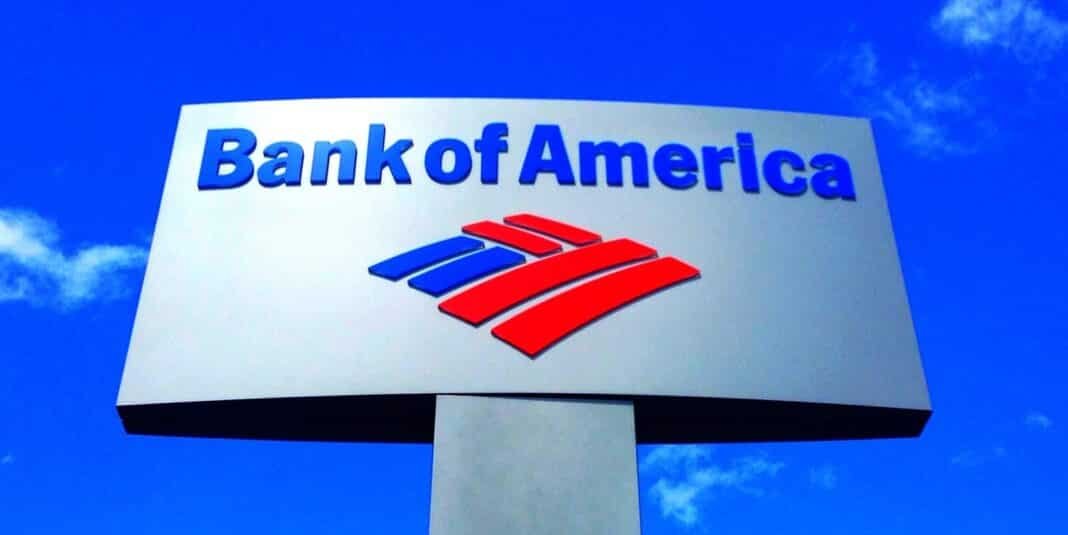In the race against climate change, companies and governments are searching for ways to reduce their carbon emissions. Yes, we need advances in technology so that there is no carbon, to begin with, but many industries are not quite there yet.
This is why the carbon offset industry is so important – and Karen Fang, Bank of America’s Head of Global Sustainable Finance, agrees.
According to Fang, carbon offsets are necessary for combating climate change, even though they may be imperfect. Because of this, the industry needs to grow fast since the demand is there.
The carbon offset industry is on track to reach $100 billion by 2030 (up from $300 million in 2018). Some believe it could even reach $22 trillion by 2050. The carbon marketplace has grown in popularity due to its ability to improve the environment and support socio-economic growth – a win for ESG initiatives.
Although the industry has great potential, critics have their concerns – many of which Fang agrees with. This is especially true when it comes to the lack of a standardized, global verification process.
Right now, the primary registries for carbon offsets are all non-profit, non-governmental organizations.
“I almost hope, maybe this is naïve, that they [leaders] could all come together with a unified form of standard recommendation,” Fang said. “Because the world needs it [offsets] and needs a lot of it and needs a lot of it really, really, fast.”
Put ever so simply, Fang said, “Planting a tree is better than not planting a tree. I don’t think anyone can argue with that, from a carbon perspective.” In other words, while the carbon market may not be perfect, it’s doing a lot of good.
With COP26 approaching, leaders have the opportunity to address critic concerns by placing their support behind a global standard. If they do, it will only help drive quality projects and strengthen the carbon offset industry.
The COP26 is scheduled to take place in Glasgow, Scotland, October 31 – November 12.

